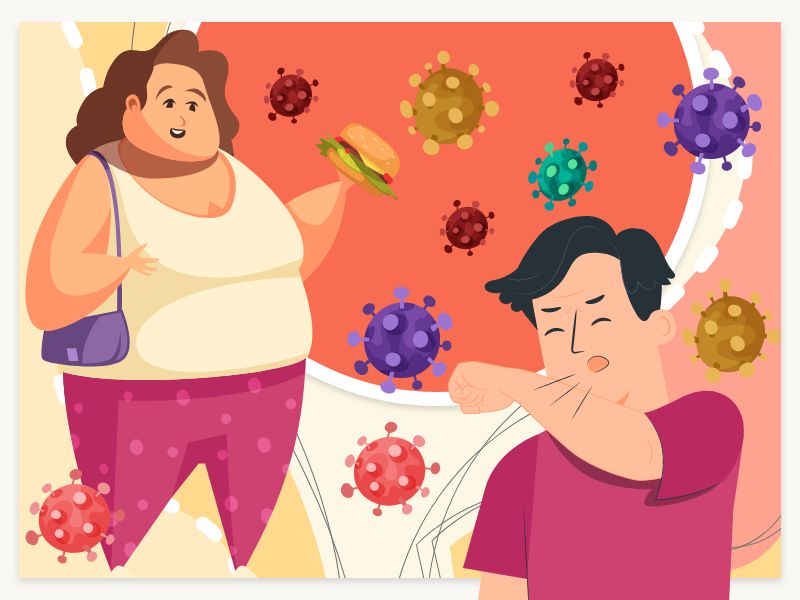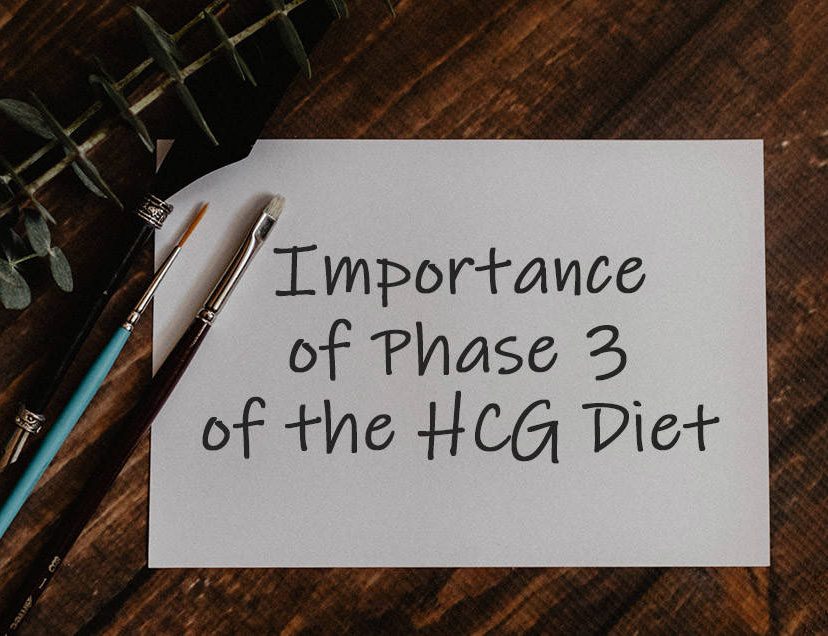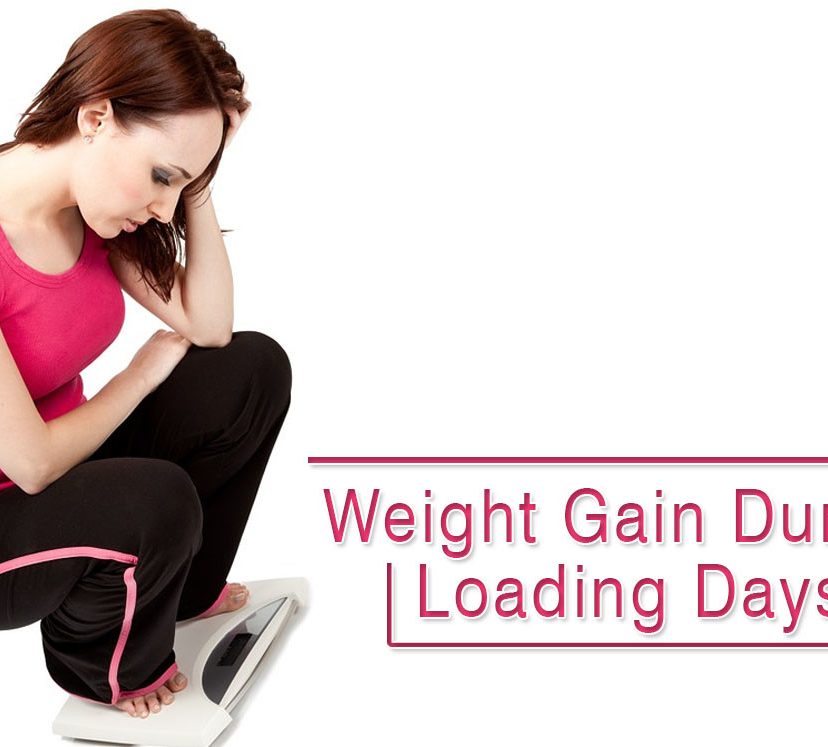Does Sleep Affect Your Weight Loss on the HCG Diet?

Lack of sleep can significantly impact your weight, and it’s a fact!
During those restless nights, your body sets the stage for weight gain. When you lack sleep, your tendency to rely on a large latte for an energy boost increases.
You tend to skip doing exercise due to fatigue. This could lead to opting for takeout for dinner, followed by a late bedtime because of feeling overly full.
Poor Sleep and Weight Gain
When you consider all of the factors that can influence weight gain, you might not think of sleep as one of them. However, there is a substantial link between sleep quality and weight management. Sleep, and especially sleep deprivation, can have a big impact on your metabolism and weight.
Whether you are on HCG injections or any weight loss plan, getting enough sleep is essential if you want to reduce weight. Many people who are unable to reduce weight may be lacking in sleep. While there is no generally applicable number, a good rule of thumb is to get seven to nine hours of sleep per night.
Does Lack of Sleep Make You Eat More?
Insufficient sleep can impact your appetite. Although you often think of appetite as the rumbling in your stomach, it’s influenced by nerve cells in your brain.
Ghrelin and leptin play a role in your appetite. Ghrelin stimulates hunger, while leptin signals feelings of fullness. Your body naturally adjusts the levels of these chemicals throughout the day, indicating the need for calorie intake.
When you lack sleep, it disturbs your body’s regulation of these chemicals. This imbalance in ghrelin and leptin could result in an increased appetite. It also diminished feelings of fullness in individuals facing sleep deprivation.
How does sleep affect your metabolism?
Sleep is similar to brain nutrition. Most people require between 7 and 9 hours of sleep per night. When you get too little sleep,
Your cortisol levels rise. This stress hormone instructs your body to preserve energy to power your waking hours.
Lack of sleep is also linked to increased:
- oxidative stress
- glucose intolerance (a precursor to diabetes)
- insulin resistance
Extra awake time may boost eating chances while sleeping less may disturb circadian cycles, leading to weight gain.
Tips for Improving Sleep While Losing Weight with HCG Diet
Consider the following research-backed techniques to improve your sleep quality while dieting:
- Maintain a Regular Sleep Schedule: Sleep disruptions like late-night snacking can influence your metabolism and insulin level. As a result, blood sugar levels may rise.
- Create a Dark Sleep Environment: Sleeping with artificial light, such as from a TV or a bedside lamp, has been related to an increased risk of weight gain and obesity.
- Avoid Late-Night Eating: Eating shortly before bedtime may affect your weight loss attempts.
- Manage Stress: Chronic stress can interfere with sleep and contribute to weight gain. This can lead to emotional eating as a coping technique.
Sleep is important when you are trying to lose weight. You may believe you’re getting enough sleep, but not all sleep is made equal. It is critical to not only obtain enough sleep each night but also to achieve good quality sleep. It may not appear to be much, yet it could mean more than any other health decision you make.






